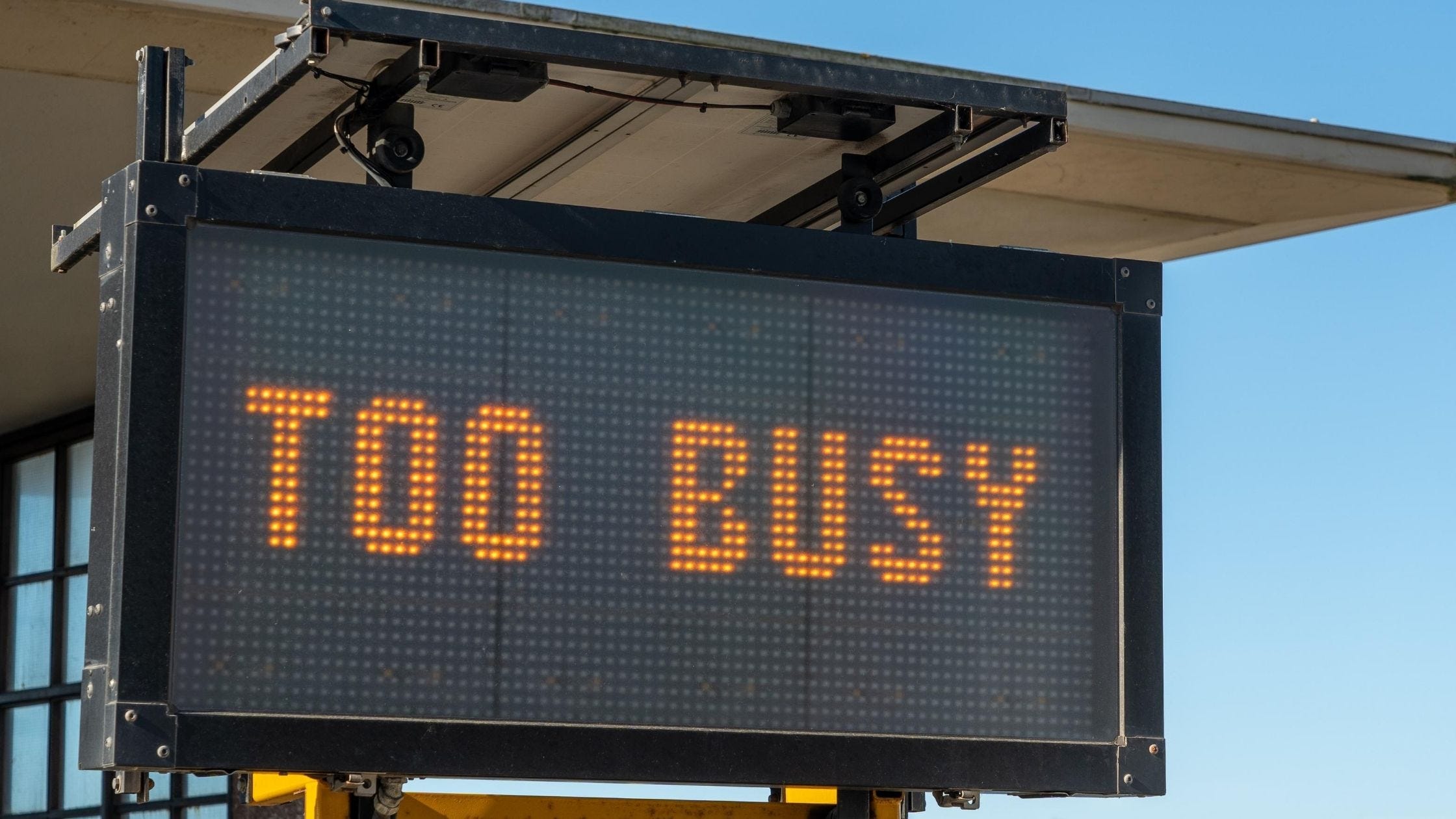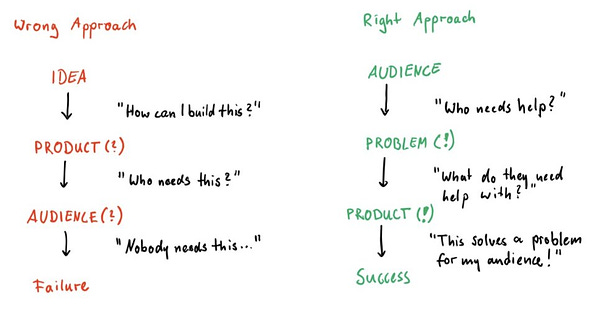Hello, and welcome to The Future of Work, a collection of ideas, thoughts and practices on how people and organisations can create a future where work is more fulfilling, humane and equitable
I’m Leandro and in each edition, I aim to bring you content to help you on your journey.
If you, like me, have a full-time job, starting a side project might seem unrealistic. I understand why you may be thinking that way.
I’ve been putting off starting a side project for a long time. Life was always getting in the way and I kept finding very good reasons not to. Now I call them excuses.
The most common excuses were:
I don’t have time and energy - How one with 2 kids and a full-time job have a side project.
I don’t have any interesting idea - Everything I thought about already existed.
Does that sound familiar?
In this article, I’ll share what I’ve learned starting a side project and will give you some ideas on how you could do it too. If you chose to.
 |
The Future of Work & Side Project
You might be asking yourself. What starting a side project has to do with The Future of Work.
Here is my take on it:
The rise of the internet opened up a range of possibilities for individuals to start creating content, services, products that weren’t possible before. Making a living off it was possible but not very common and accessible to everyone.
In the last decade, we’ve seen the rise of the influencer industry that allowed top creators to make money off their creations via advertising. YouTubers, Instagram Influencers, artists etc.
This trend continues to grow with the advent of platforms such as Patreon, Gumroad, Teachable, amongst many others. Those platforms not only enable individuals to create things but also to monetise on their creations more easily. The other key difference is that those platforms enable monetisation directly from the consumer instead of advertising, something that wasn’t accessible to individual creators that easily.
Li Jin covered this topic in her article about The Passion Economy and the Future of Work. Worth a read.
Whether you want to monetise now, later or not at all, it is beyond the point, but it is apparent that the world is opening up a myriad of opportunities for people to do more of what they enjoy without taking big risks.
It is not too late to start.
Things I learned starting a side project
Having a side project, on top of a busy full-time job, is not for everyone. It requires commitment, intent and passion, but more importantly, it requires you to take the first step.
The hard part for me was to take the first step. I was always looking for the grandiose idea that no one ever thought about it. Guess what, that doesn’t exist. Shifting my mindset was not an easy task but now I consider myself a convert.
Here are how things panned out for me.
About a year ago I came across the Indie Hackers podcast and started binge-listening to all podcasts.
That opened my eyes to something I couldn’t see before. There I heard from founders of early-stage Startups, their struggles, successes but also a lot about how they went about it building on their ideas as well as their motivations for doing it.
The number one advice from all those founders was to just get started on something really small and iterate. The other piece of advice that resonated with me well was to use an “audience first” approach to get started. Arvid Kahl covered this topic thoroughly in his recently launched book Zero to Sold.
Starting your own side project
Let’s go back to the reasons some people don’t start their side projects:
I don’t have the time and energy
Building something on the internet is a good way to get started. The only thing you need is your time and energy. You will be surprised how much energy you will actually get back if you choose something you are passionate about.
I would recommend you start with something really small and let it evolve as your interest and motivation grows with it. You will quickly find out whether you are enjoying it or not. Continue if you enjoy and stop if you don’t. If you find that you are dragging yourself to continue it, you should probably stop or move onto something else. It is supposed to be fun and give you energy, not the opposite.
I don’t have any interesting idea
Ideas could go from creating an eBook on your areas of expertise, a course on an area you have experience on, writing a newsletter on a topic you are interested in, building a tool to solve something you find painful and annoying on your job or life.
In his Digital Product report, Dru Riley published a list of digital products people built along with his predictions and opportunities in the space. His report is another example of a digital product itself.
I also found this article about the Heuristics to Generate Startup Ideas a good starting point to look for inspiration. It is more about Startup ideas but it can be applied to a side project too.
To sum it up, here are the things for you to consider.
Think about the things you enjoy in life. Things you wish were better or existed.
Write them down and pick the one that gets you excited the most.
Try not to overthink - It is easy to get caught up in trying to find the perfect idea. There is no perfect idea.
Start small - Ask yourself - what is the smallest thing you could do to get started?
Share with the world as you build.
Iterate and evolve as you learn more
Have fun and enjoy while doing it
I see a future where more and more people will be doing what they enjoy while making a good living out of it. I sincerely hope this article sparked some ideas in your mind.
I would love to hear about what you will be creating.
Get in touch on Twitter at @leandropinter. DM’s are open ✌️
Happy creating!
Links:
https://a16z.com/2019/10/08/passion-economy/
https://avichal.com/2019/02/24/heuristics-to-generate-startup-ideas/
https://trends.vc/trends-0022-digital-products/
https://www.indiehackers.com/podcast
https://thebootstrappedfounder.com/zero-to-sold/
Photo by Nick Fewings




